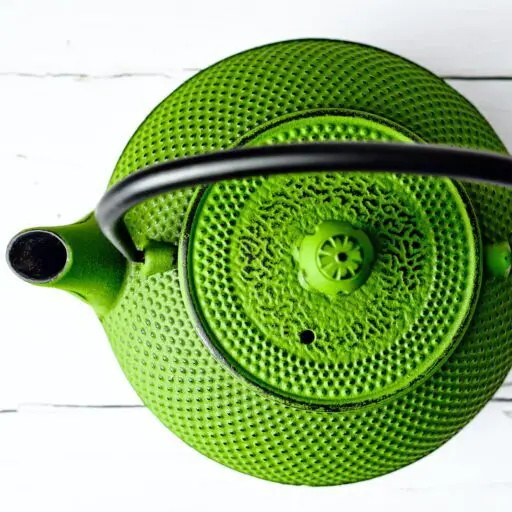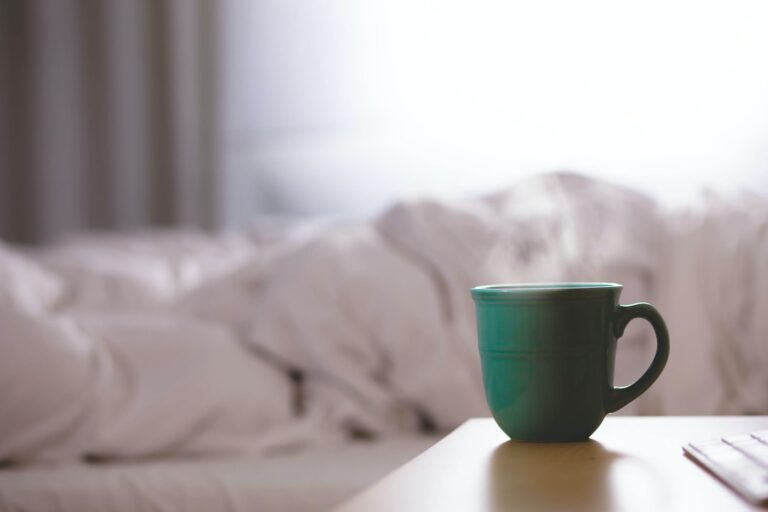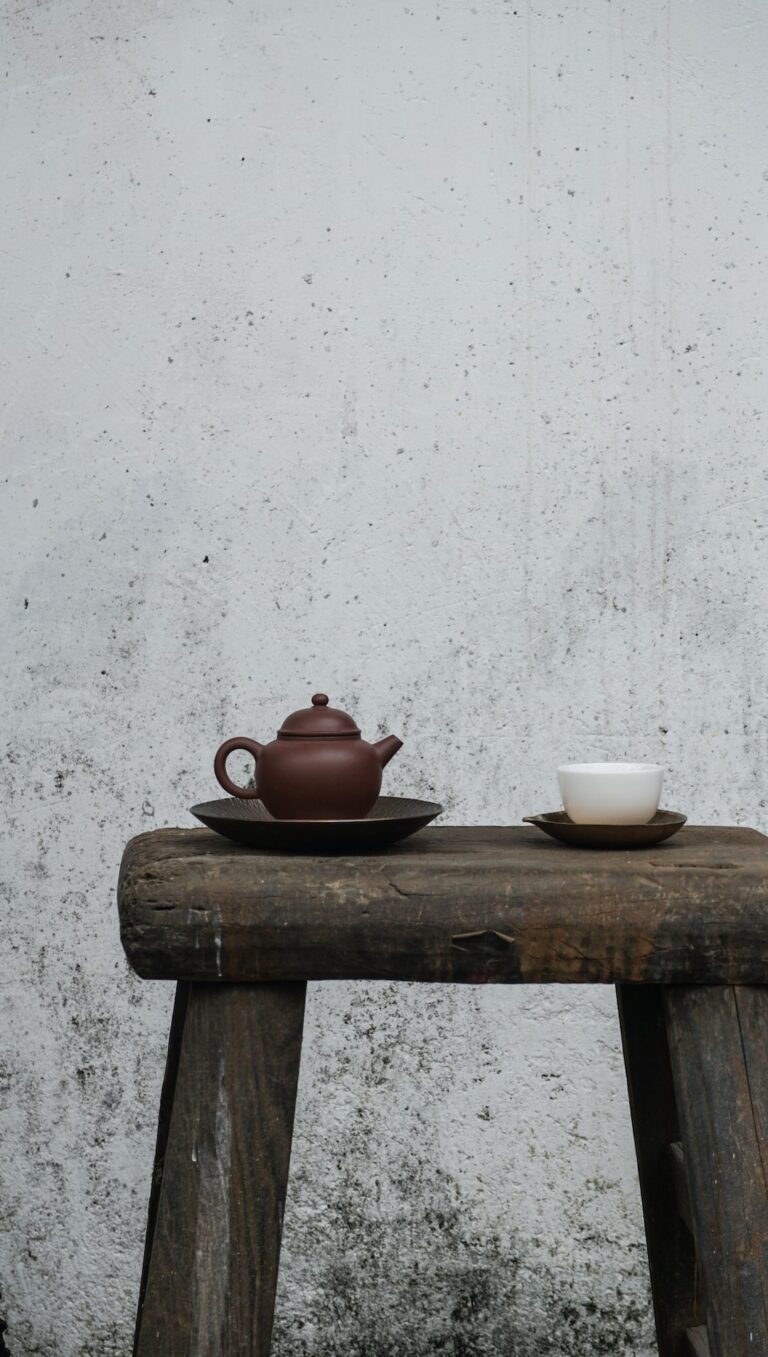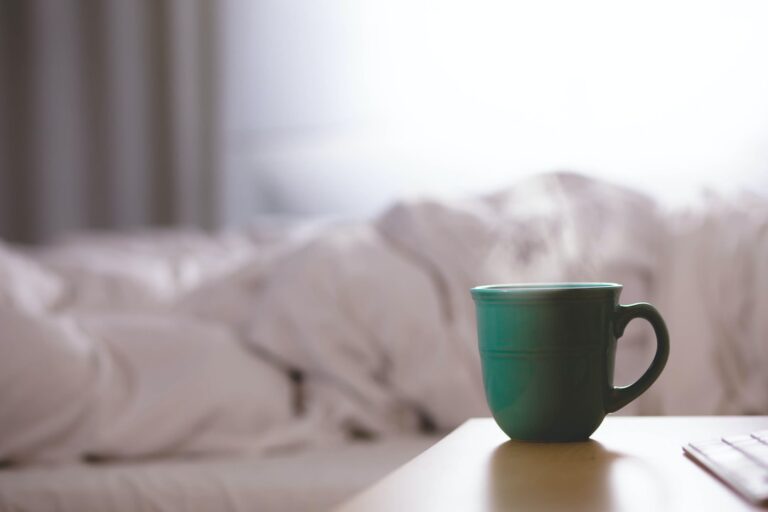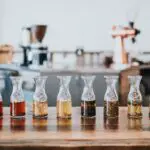Support our educational content for free when you purchase through links on our site. Learn more
Which Tea Has No Pesticides? Discover the Top 10 Safe Brews for 2024! 🍵✨
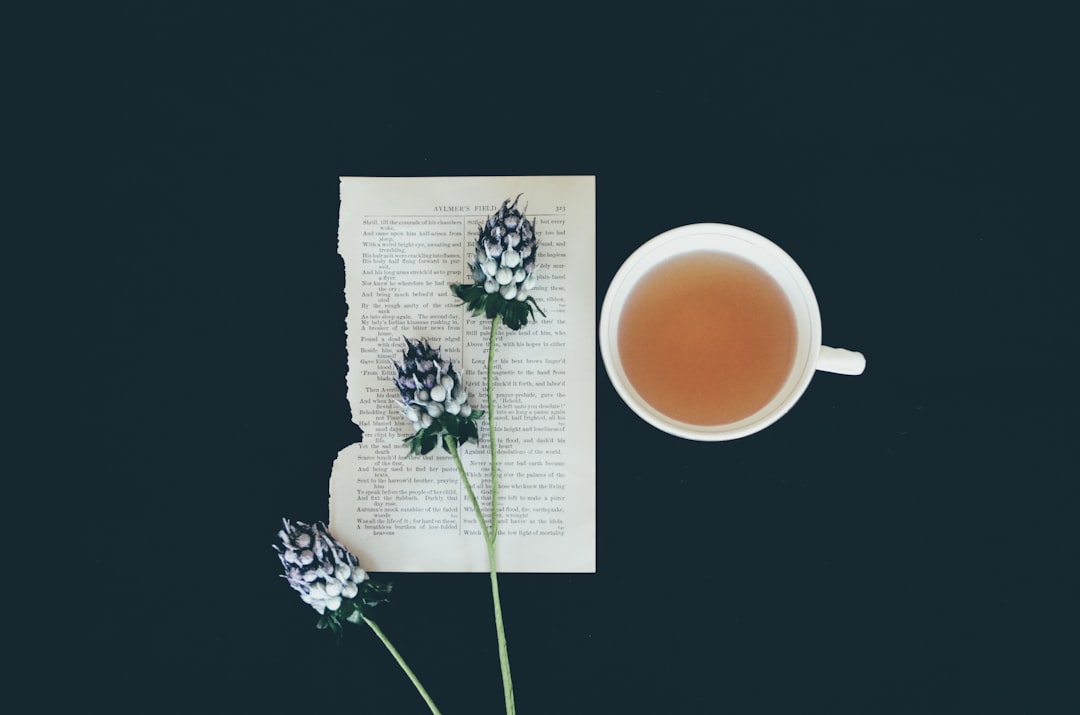
Are you sipping your favorite tea, blissfully unaware of the hidden dangers lurking in your cup? You might be shocked to learn that many popular tea brands contain pesticides that can harm your health. A recent study found that over 70% of tea brands tested positive for harmful pesticide residues. As tea enthusiasts at Tea Brands™, we’ve dedicated ourselves to uncovering the truth about what goes into your brew.
Imagine this: You’re enjoying a warm cup of chamomile after a long day, but what if that soothing sip contains trace amounts of harmful chemicals? In this article, we’ll guide you through the world of pesticide-free tea, revealing the top 10 brands you can trust for a safe and delicious experience. We’ll also explore the dirty secrets behind many conventional teas and provide tips on how to avoid toxic brews. Ready to elevate your tea game? Let’s dive in!
Key Takeaways 📌
- Choose organic: Opt for USDA certified organic teas to minimize pesticide exposure.
- Loose-leaf vs. tea bags: Loose-leaf tea is often fresher and less likely to contain harmful contaminants.
- Top brands: Discover the top 10 pesticide-free tea brands that prioritize your health.
- Be informed: Understanding the risks associated with certain tea brands can help you make better choices for your well-being.
Ready to make healthier choices? Check out our recommended brands:
- Numi Tea: Shop Numi Tea on Amazon
- Buddha Tea: Shop Buddha Tea on Amazon
- Mountain Rose Herbs: Shop Mountain Rose Herbs on Amazon
Your next cup of tea could be a delightful blend of flavor and safety! 🍃
Table of Contents
- Quick Tips and Facts About Pesticide-Free Tea
- The Dirty Truth: Understanding Pesticides in Tea
- History of Tea: From Garden to Cup—Are Pesticides a Modern Problem?
- Toxic Tea: The Hidden Dangers of Fluoride and Pesticides
- Mold in Tea Bags: What You Need to Know
- GMO Teabags: Are They Safe to Sip?
- Natural Flavors: The Deceptive Ingredient in Your Tea
- How to Avoid Toxic Tea: Your Ultimate Guide to Safe Sipping
- Healthiest Tea Brands: Top Picks for Pesticide-Free Brews
- Learn More About Becoming a Patient: A Guide to Healthier Choices
- Conclusion
- Recommended Links
- FAQ
- Reference Links
Quick Tips and Facts About Pesticide-Free Tea 🍵🌿
Are you a tea enthusiast looking for a pesticide-free brew? Here are some quick tips and facts to get you started:
- Choose organic tea: Organic tea is grown without the use of synthetic pesticides, herbicides, and fertilizers. Look for the USDA Organic seal to ensure that your tea meets strict organic standards.
- Opt for loose-leaf tea: Loose-leaf tea is less likely to contain pesticides and other contaminants than tea bags. Plus, it’s often less expensive and more flavorful!
- Avoid tea from China: China is one of the largest tea-producing countries in the world, but it’s also known for its lax regulations on pesticide use. Opt for tea from other countries, like India or Japan, for a safer brew.
- Check the ingredient list: Some tea brands may contain added flavors or GMO ingredients. Always check the ingredient list to ensure that your tea is free from unwanted additives.
For more information on pesticide-free tea, check out our article on The 15 Healthiest Tea Brands to Boost Your Well-being 2023.
The Dirty Truth: Understanding Pesticides in Tea 🌿💔
Pesticides are a major concern for tea enthusiasts, and for good reason. Here are some shocking facts about pesticides in tea:
- 70% of tea brands contain pesticides: A 2013 study found that over 70% of tea brands contained high levels of pesticides, including lead and aluminum.
- Older tea leaves are more contaminated: Older tea leaves, often used by companies for cost-effectiveness, have higher levels of toxins than younger leaves.
- Organic tea is not always pesticide-free: While organic tea is grown without synthetic pesticides, it may still contain high levels of lead and other toxins.
For more information on pesticides in tea, check out this article from Dr. Tania Dempsey.
History of Tea: From Garden to Cup—Are Pesticides a Modern Problem? 🍵🏯

Tea has been around for thousands of years, but pesticides are a relatively modern problem. Here’s a brief history of tea and how pesticides became a concern:
- Tea originated in China: Tea has been grown in China for over 4,000 years, where it was considered a medicinal herb.
- Tea spread to India and Japan: Tea was introduced to India and Japan by British traders, where it became a popular beverage.
- Pesticides became widely used in the 20th century: With the advent of modern agriculture, pesticides became widely used in tea production to increase yields and reduce pests.
For more information on the history of tea, check out our article on Tea Culture and History.
Toxic Tea: The Hidden Dangers of Fluoride and Pesticides 🌿💀
Toxic tea is a real concern for tea enthusiasts, and it’s not just about pesticides. Here are some hidden dangers to watch out for:
- Fluoride in tea: Tea plants absorb fluoride from the soil, which can be toxic in high amounts.
- Pesticides in tea bags: Tea bags may contain pesticides, which can leach into the tea and be absorbed by the body.
For more information on toxic tea, check out this article from Dr. Tania Dempsey.
Mold in Tea Bags: What You Need to Know 🍵👀
Mold in tea bags is a common problem, especially in organic tea. Here’s what you need to know:
- Mold grows in damp conditions: Tea bags are susceptible to mold growth, especially in damp conditions.
- Mycotoxins can be toxic: Mycotoxins, like Aflatoxin, Ochratoxin, and Fumonisin, can be toxic and cause DNA damage, birth defects, and cancer.
For more information on mold in tea bags, check out this article from Sadaka Firm.
GMO Teabags: Are They Safe to Sip? 🍵🤔
GMO teabags are a concern for many tea enthusiasts, but are they safe to sip? Here’s what you need to know:
- GMO teabags contain plastic and GMO corn: Many tea bags are made from plastic and GMO corn, which can leach into the tea and be absorbed by the body.
- Epichlorohydrin is a toxic chemical: Some tea bags are treated with epichlorohydrin, a toxic chemical that can break down in hot water and release into the tea.
For more information on GMO teabags, check out this article from Sadaka Firm.
Natural Flavors: The Deceptive Ingredient in Your Tea 🍵👀
Natural flavors are a common ingredient in tea, but are they really natural? Here’s what you need to know:
- Natural flavors can come from anywhere: The FDA defines “natural flavors” as extracts from various sources, including plants, meat, and dairy products.
- Some natural flavors may be toxic: Some natural flavors, like those derived from certain plants, can be toxic and cause allergic reactions.
For more information on natural flavors, check out this article from Dr. Tania Dempsey.
How to Avoid Toxic Tea: Your Ultimate Guide to Safe Sipping 🍵👍
Avoiding toxic tea is easier than you think. Here’s your ultimate guide to safe sipping:
- Choose organic tea: Organic tea is grown without synthetic pesticides, herbicides, and fertilizers.
- Opt for loose-leaf tea: Loose-leaf tea is less likely to contain pesticides and other contaminants than tea bags.
- Avoid tea from China: China is one of the largest tea-producing countries in the world, but it’s also known for its lax regulations on pesticide use.
For more information on how to avoid toxic tea, check out our article on The 15 Healthiest Tea Brands to Boost Your Well-being 2023.
Healthiest Tea Brands: Top Picks for Pesticide-Free Brews 🍵👍
Here are our top picks for pesticide-free tea brands:
- Numi Tea: USDA certified organic, Fair Trade Certified, non-GMO, and chemical-free.
- Buddha Tea: USDA certified organic, Fair Trade Certified, non-GMO, and chemical-free.
- Mountain Rose Herbs: USDA certified organic, Fair Trade Certified, non-GMO, and chemical-free.
For more information on healthy tea brands, check out our article on The 15 Healthiest Tea Brands to Boost Your Well-being 2023.
Learn More About Becoming a Patient: A Guide to Healthier Choices 🌿💚
Becoming a patient is a journey, and it starts with making healthier choices. Here’s a guide to get you started:
- Choose organic tea: Organic tea is grown without synthetic pesticides, herbicides, and fertilizers.
- Opt for loose-leaf tea: Loose-leaf tea is less likely to contain pesticides and other contaminants than tea bags.
- Avoid tea from China: China is one of the largest tea-producing countries in the world, but it’s also known for its lax regulations on pesticide use.
For more information on becoming a patient, check out our article on The 15 Healthiest Tea Brands to Boost Your Well-being 2023.
Conclusion 🎉

In our deep dive into the world of pesticide-free tea, we’ve uncovered a lot of important information. Choosing the right tea can make a significant difference in your health, and being informed is the first step toward safer sipping.
Summary of Positives and Negatives:
-
Positives:
- Organic certification: Brands like Numi Tea, Buddha Tea, and Mountain Rose Herbs are USDA certified organic, ensuring no synthetic pesticides are used in their production.
- Flavor and quality: Loose-leaf teas often provide a richer flavor profile compared to tea bags, enhancing your overall tea-drinking experience.
- Transparency: Many reputable brands openly share their sourcing and production practices, giving you peace of mind.
-
Negatives:
- Potential contamination: Even organic teas can sometimes contain pesticides or heavy metals, especially if sourced from regions with lax regulations.
- Price point: High-quality, organic teas may be more expensive than conventional options, which can be a barrier for some consumers.
Overall, we confidently recommend opting for USDA certified organic teas from reputable brands. By doing so, you can enjoy your tea with the assurance that you’re making a healthier choice. Sip smartly, and your body will thank you! 🍵💚
Recommended Links 🛒
- Numi Tea: Shop Numi Tea on Amazon | Numi Official Website
- Buddha Tea: Shop Buddha Tea on Amazon | Buddha Tea Official Website
- Mountain Rose Herbs: Shop Mountain Rose Herbs on Amazon | Mountain Rose Herbs Official Website
- Books on Tea: The Tea Book: All Things Tea | The Tea Enthusiast’s Handbook
FAQ ❓
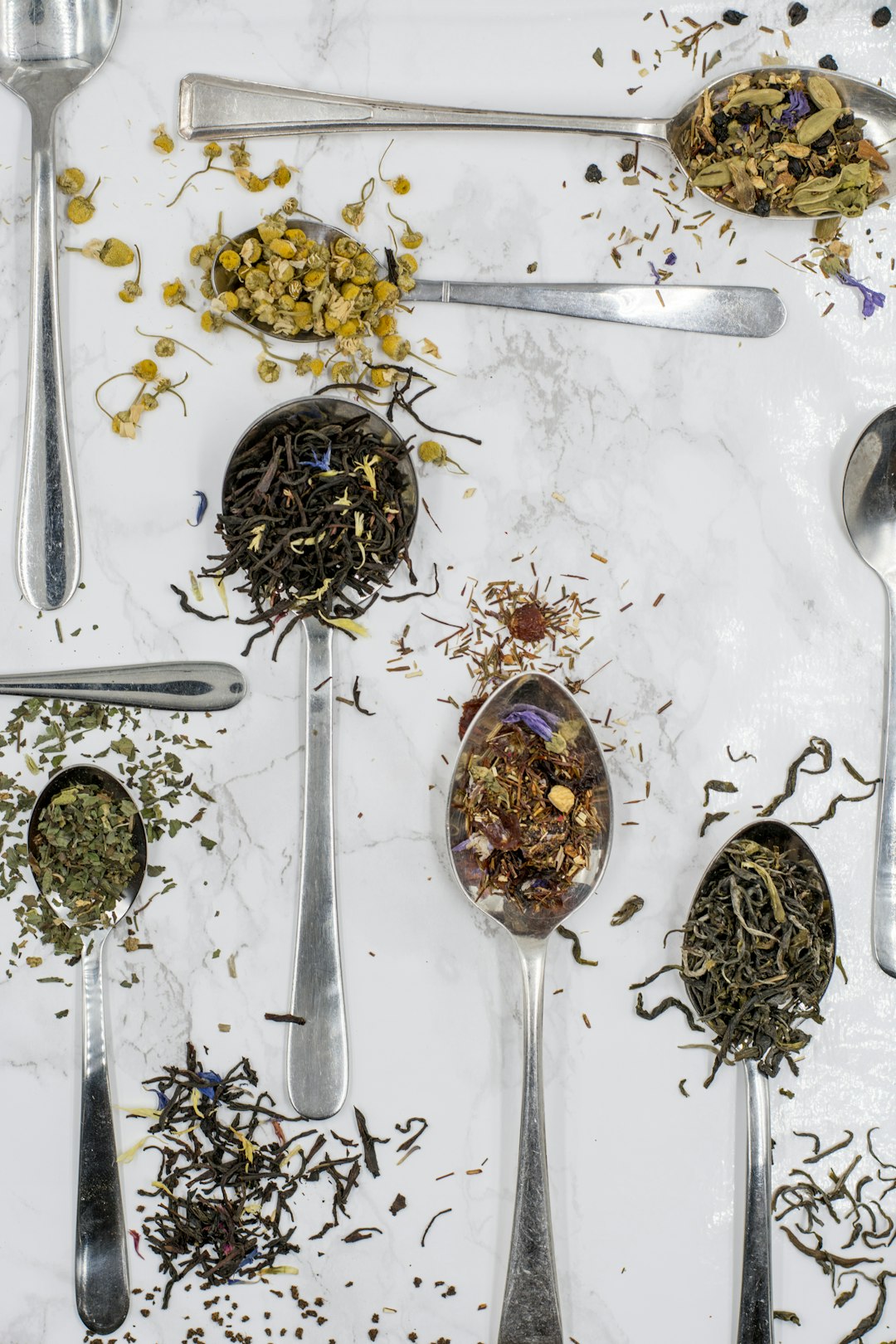
Does all tea have pesticides? 🤔
While not all tea contains pesticides, many conventional teas do. A significant number of tea brands have been found to have pesticide residue, with studies indicating that over 70% of tested teas contained harmful levels of pesticides. Opting for organic tea is your best bet to minimize exposure.
What is the safest tea to drink? 🌱
The safest teas to drink are those that are USDA certified organic and sourced from reputable brands. Brands like Numi Tea, Buddha Tea, and Mountain Rose Herbs are excellent choices as they do not use synthetic pesticides or harmful additives.
Is Lipton tea pesticide-free? ❌
Unfortunately, Lipton tea has been flagged in multiple studies for containing pesticide residues. While they offer a variety of teas, many consumers prefer to avoid it due to concerns about pesticide contamination. If you’re looking for safer alternatives, consider organic brands.
What tea has no heavy metals? ⚖️
To ensure your tea is free from heavy metals, look for brands that conduct third-party testing and provide transparency about their sourcing. Numi Tea, Buddha Tea, and Mountain Rose Herbs are known for their rigorous quality control and commitment to safety.
Are herbal teas free from pesticides? 🌼
Herbal teas can also contain pesticides, especially if they are not labeled organic. Always check for certifications and consider brands that prioritize organic sourcing. Some herbal tea brands, like Traditional Medicinals, offer organic options that minimize pesticide exposure.
Can I trust tea bag brands? 🏷️
Not all tea bag brands are trustworthy. Many common brands have been found to contain harmful pesticides and other chemicals. It’s essential to research and choose brands that are certified organic and transparent in their sourcing practices.
Reference Links 🔗
- Dr. Tania Dempsey on Pesticides in Tea
- Sadaka Firm: Tea Bags Containing Deadly Pesticides
- U.S. Department of Agriculture: Organic Certification
By staying informed and making conscious choices, you can enjoy your cup of tea without the worry of harmful contaminants! 🌟
